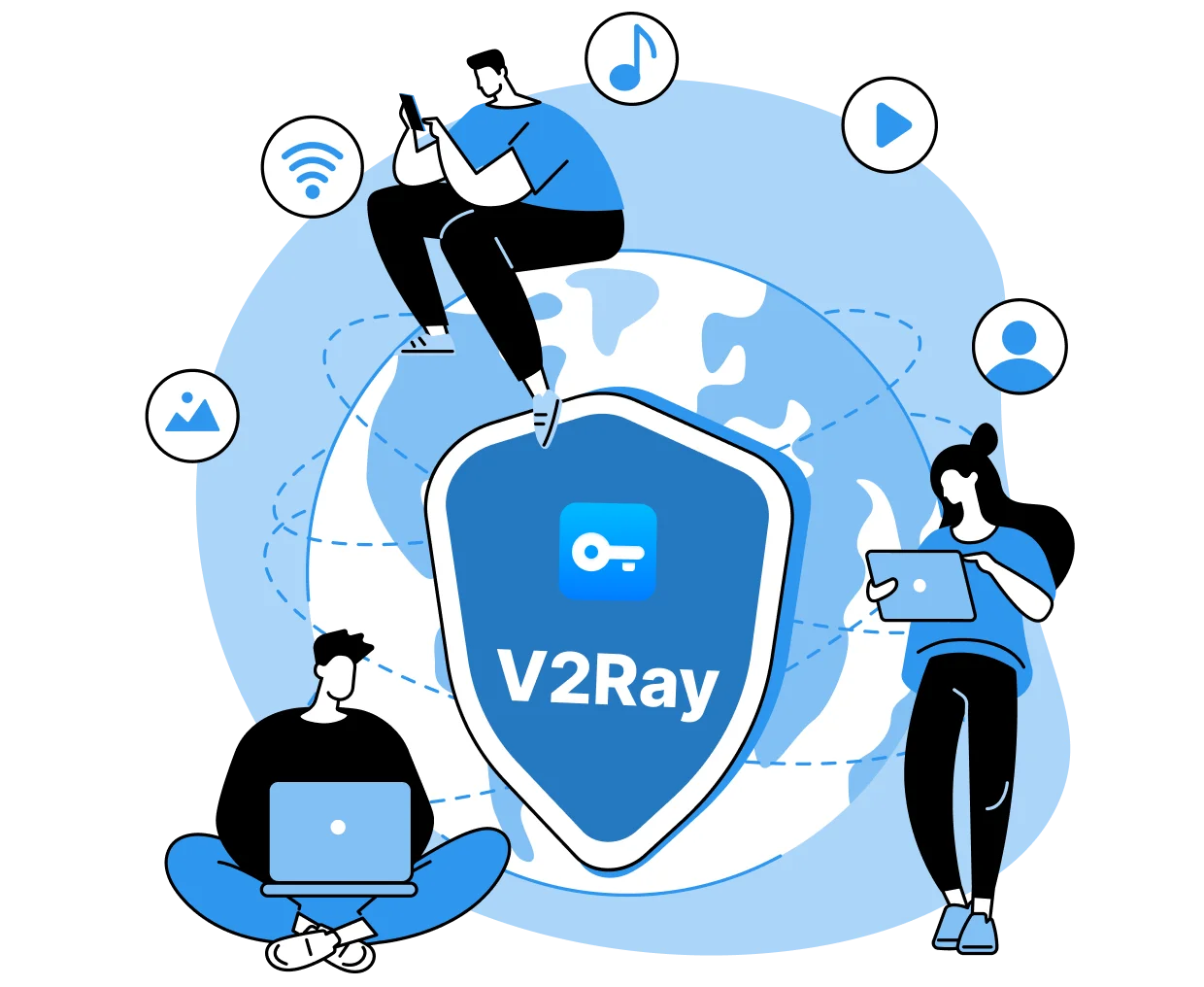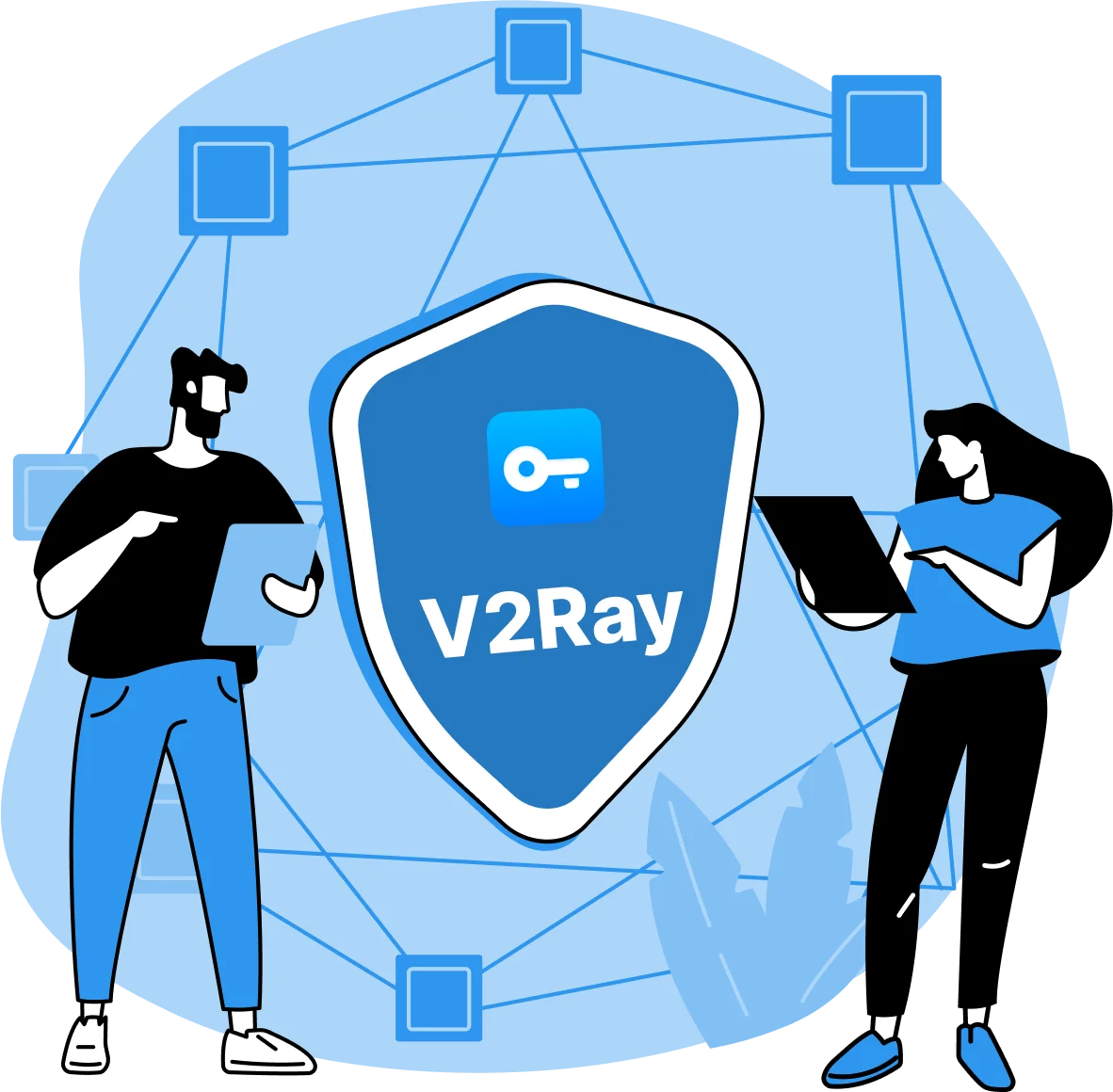VPN and V2Ray legality is a nuanced topic that varies significantly by jurisdiction. In the vast majority of countries, including the United States, Canada, the United Kingdom, most European Union nations, Australia, Japan, South Korea, and most of Latin America, using VPNs and protocols like V2Ray is completely legal. These countries recognize VPNs as legitimate privacy tools used by businesses, journalists, activists, and everyday citizens to protect their online security. However, there are notable exceptions where VPN use is restricted or banned. Countries like China, Russia, Iran, Belarus, North Korea, Turkmenistan, and the UAE have implemented various levels of VPN restrictions, though the enforcement and specific regulations differ. In China, for example, only government-approved VPNs are technically legal, though millions of residents use unauthorized VPNs with minimal consequences for personal use. Russia requires VPN providers to register with the government and block access to banned websites. It's crucial to understand that even in countries with VPN restrictions, the laws typically target VPN providers rather than individual users, and enforcement against personal use is often inconsistent. That said, if you're in a country with restrictive internet policies, we recommend researching your local laws regarding VPN use before connecting. It's also worth noting that while VPN use itself might be legal, using a VPN to engage in illegal activities (piracy, hacking, fraud) remains illegal everywhere. VPN Super is committed to user privacy and security, but users are responsible for ensuring their usage complies with local regulations.

























